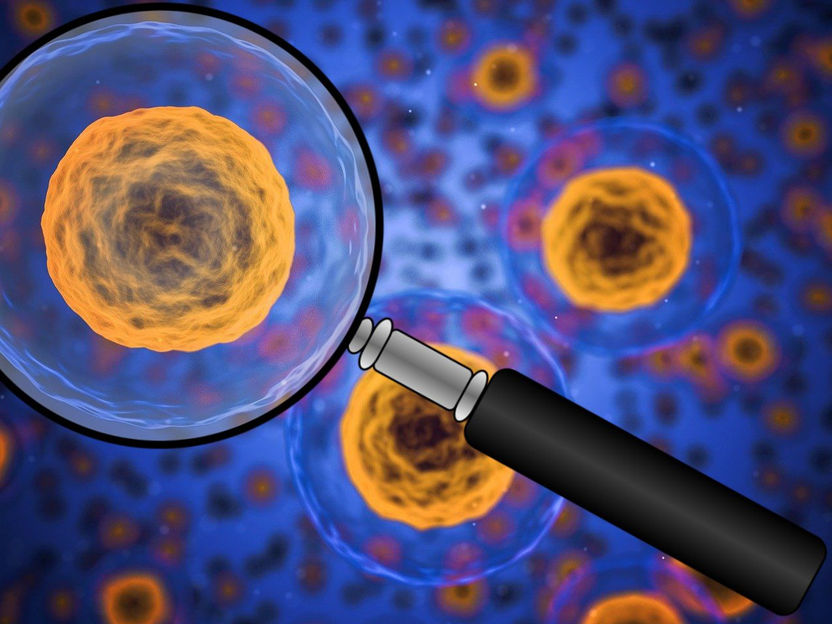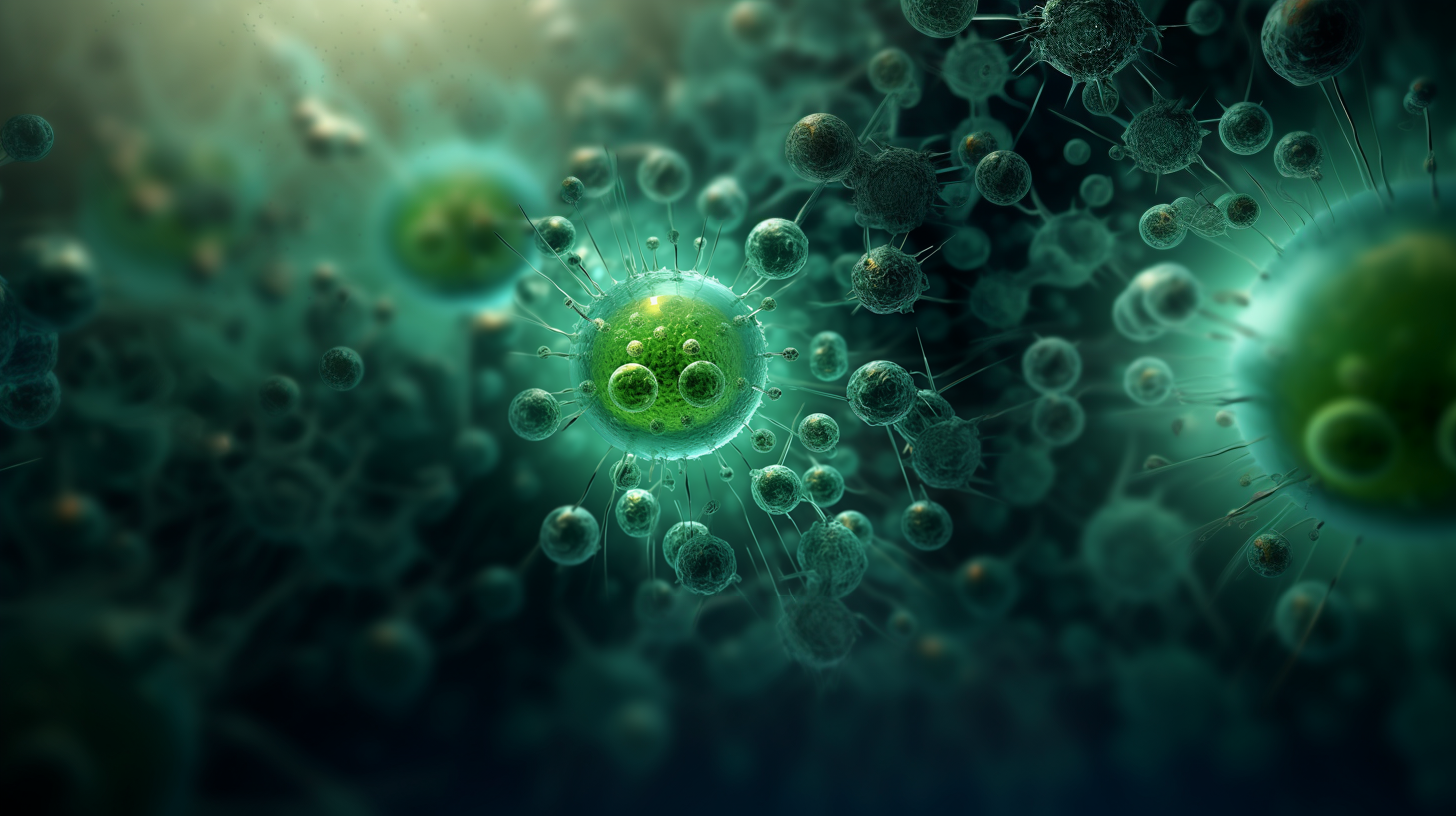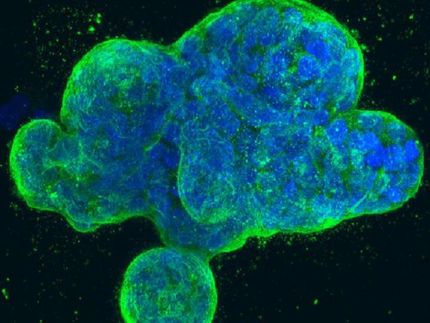New single-cell analysis of leucemic stem cells
New method to distinguish between cancer stem cells, mature cancer cells and healthy tissue stem cells
A new method allows stem cells and cancer stem cells to be studied at the single cell level and the resulting cell clones to be traced directly. The method was developed by scientists from the Stem Cell Institute HI-STEM, the German Cancer Research Center (DKFZ), the European Molecular Biology Laboratory (EMBL) and the Center for Genome Regulation in Barcelona. Studying thousands of individual cells in parallel, the researchers combined the analysis of the genomic cancer mutations with the associated expression profiles.

Symbolic image
pixabay.com
Contrary to popular belief, cancer cells are by no means immortal, nor can they divide indefinitely: Mature cancer cells, which make up the bulk of a tumor, divide rapidly, but after a number of cell divisions their capacity is exhausted. Cancer stem cells, on the other hand, can provide replenishment of mature tumor cells for decades. Cancer stem cells are mostly dormant, do not divide, and thus escape the effects of many cancer therapies. Therefore, cancer recurrence often occurs after what initially appeared to be a successful therapy:
Cancer stem cells are very rare and therefore very difficult to isolate and study. Moreover, they are closely related to normal stem cells, which ensure the regenerative capacity of tissues. This complicates the development of much-needed drugs that target cancer stem cells without harming the important tissue stem cells.
The international team has developed a method to distinguish between cancer stem cells, mature cancer cells and healthy tissue stem cells. The researchers analyzed both the cancer mutations in the cells' genome and the gene expression in the same cell: the expression profile indicates whether the cells are stem cells or mature cells. The mutation profile, on the other hand, distinguishes cancer stem cells and the resulting mature cancer cells, so-called cancer clones, from healthy cells.
With this method named MutaSeq, scientists examined thousands of individual cells in parallel, gathering genome-wide information. The technique allows to quickly generate a very detailed molecular profile of complex tissues and cancers, opening up the possibility for completely new research approaches.
MutaSeq was first used to study bone marrow cells from patients with acute myeloid leukemia (AML). The scientists were able to identify normal blood stem cells as well as leukemic stem cells as well as the precursors of leukemic stem cells. In addition, they were able to distinguish progenitor cells, which arise from the divisions of healthy blood stem cells, from leukemic blasts, which arise from the divisions of leukemic stem cells.
The scientists discovered leukemia stem cells that were extremely closely related to the healthy blood stem cells. This illustrates the great difficulty in developing active substances that specifically attack cancer stem cells but do not harm the healthy blood stem cells. However, the scientists also came across an interesting gene in their analyses that plays a role in all leukemia precursors but not in healthy blood stem cells and therefore warrants closer investigation.
The team from Heidelberg and Barcelona assumes that the MutaSeq method is also suitable for single-cell analysis of other tumors.
Original publication
See the theme worlds for related content
Topic World Cell Analysis
Cell analyse advanced method allows us to explore and understand cells in their many facets. From single cell analysis to flow cytometry and imaging technology, cell analysis provides us with valuable insights into the structure, function and interaction of cells. Whether in medicine, biological research or pharmacology, cell analysis is revolutionizing our understanding of disease, development and treatment options.

Topic World Cell Analysis
Cell analyse advanced method allows us to explore and understand cells in their many facets. From single cell analysis to flow cytometry and imaging technology, cell analysis provides us with valuable insights into the structure, function and interaction of cells. Whether in medicine, biological research or pharmacology, cell analysis is revolutionizing our understanding of disease, development and treatment options.

























































